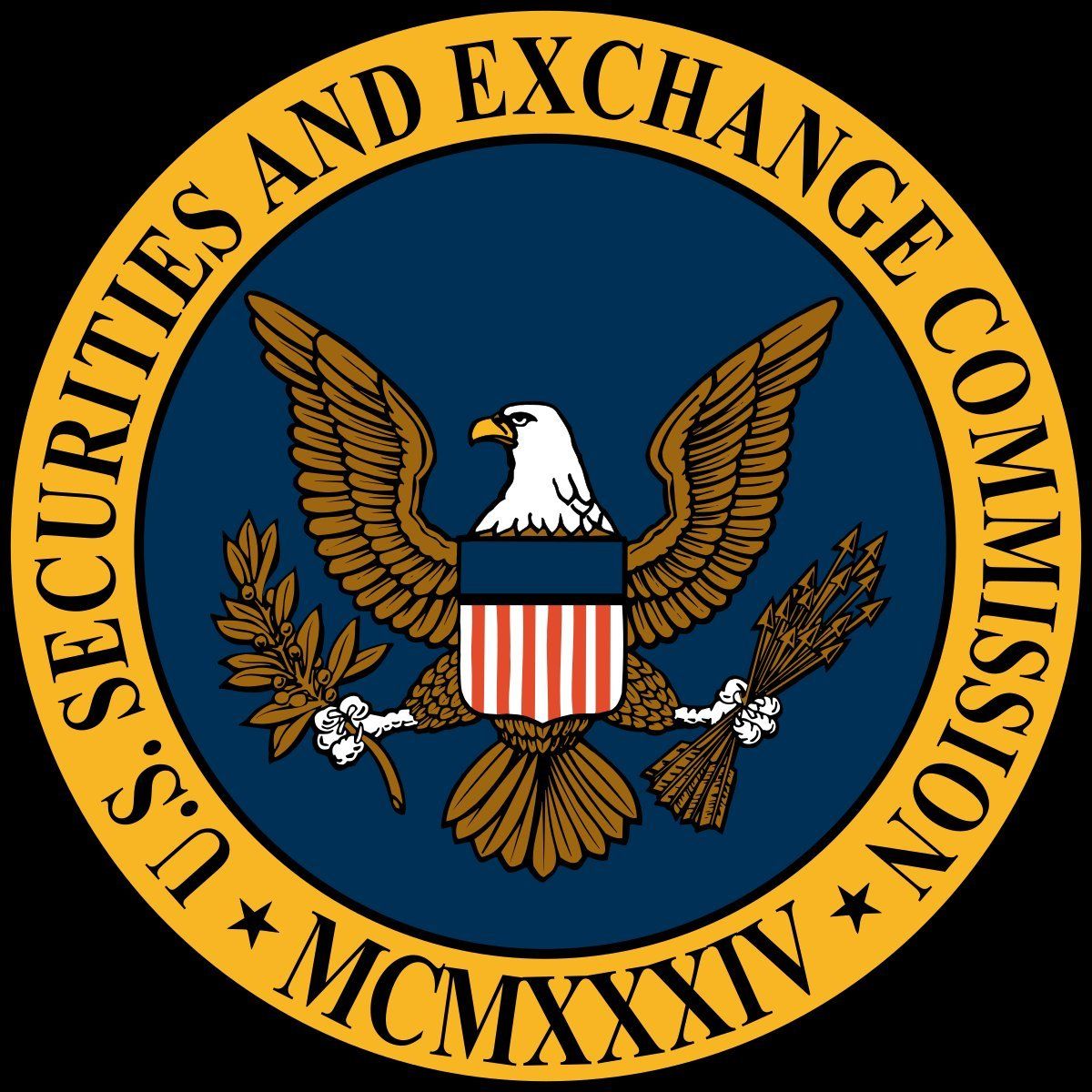The Hashdex Nasdaq Crypto Index US ETF has been accepted by the U.S. Securities and Exchange Commission (SEC) in accordance with its recently enacted generic listing rules. It seeks to provide crypto ETFs with more precise standards without necessitating unique exceptions for every new product.
The SEC announced regulatory amendments earlier this year that allow exchanges to list particular cryptocurrency-based exchange-traded funds (ETFs) through a simplified process. This is as long as they fulfill certain eligibility requirements.
These regulations intend to bring cryptocurrency funds closer to the standard of financial treatment. This is by operating similarly to generic listing procedures for stocks, commodities, and index-linked exchange-traded funds (ETFs).
An ETF that follows a wide-ranging, diversified index of digital assets may be eligible under the guidelines without requiring individual SEC approval. One of the first funds to utilize this gateway is Hashdex’s Nasdaq Crypto Index US ETF, which may signal a shift toward more accessible crypto-related products.
The Hashdex Nasdaq Crypto Index Tracking
The Hashdex Nasdaq Crypto Index (NCI), a benchmark created in collaboration between Nasdaq and Hashdex, will be followed by the Nasdaq Crypto Index US ETF. Several of the most liquid and frequently traded cryptocurrencies are included in the index, which provides a rules-based method of market exposure.
Periodic rebalancing and eligibility rules that prioritize assets with adequate liquidity, compliance requirements, and tradability across reputable venues are important features.
In contrast to single-asset spot Bitcoin ETFs, which received approval earlier this year following years of regulatory battles, Hashdex’s new product includes a variety of digital assets under a predetermined methodology.
Instead of focusing solely on Bitcoin or Ethereum, this provides investors with a different framework that aims to distribute risk across a broader range of tokens.
What May Be Ahead
Institutions and individual investors that choose exchange-traded, regulated structures over direct ownership of volatile tokens may become more involved with the introduction of index-based ETFs.
Diversified index funds could be more appealing to investors who want more exposure without having to deal with the hassles of constructing portfolios spanning dozens of different cryptocurrencies, even as spot Bitcoin ETFs have already started to draw inflows.
But there are still difficulties. Liquidity constraints, changing custody arrangements, and legal ambiguity, particularly regarding the categorization of specific tokens, continue to be significant challenges for cryptocurrency markets. Issuers must uphold stringent operational protections and transparency measures, even under the new listing system.
READ MORE: Avantis Crypto Price Analysis: Here’s Why AVNT is Soaring















